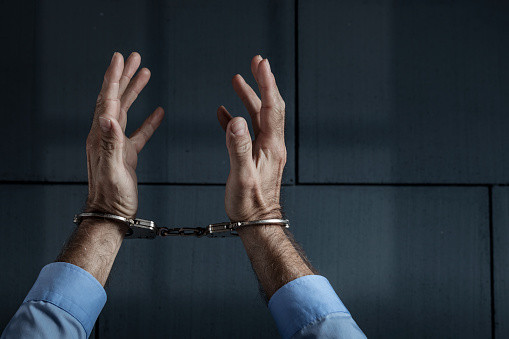
Former President Mauricio Funes was given a 14-year jail term by an El Salvadorian court for engaging in gang-related negotiations during his administration.
In a trial that commenced in April while Funes resided in Nicaragua, a court in El Salvador has now issued a 14-year prison sentence. This verdict comes after the country modified its laws last year to permit trials in absentia.
During the trial, prosecutors leveled charges of illicit association and dereliction of duties against Funes, who held the presidency in El Salvador from 2009 to 2014. These charges were linked to a gang truce established in 2012.
Funes consistently refuted the allegations of engaging in negotiations with the gangs or granting them any special treatment, emphasizing that the truce was facilitated by the Catholic Church rather than the government.
El expresidente Mauricio Funes y el exministro de seguridad pública, Munguía Payés, fueron condenados a 14 y 18 años de prisión.
— Noticiero El Salvador 🇸🇻 (@NoticieroSLV) May 30, 2023
Ambos permitieron el fortalecimiento de las estructuras terroristas y negociaron con la vida de la población, a través de una tregua. pic.twitter.com/qyJletfYYB
Al Jazeera reported that General David Munguia Payes, the former security minister under Funes, has been handed an 18-year prison sentence for his participation in the negotiations.
"We were able to verify that these two former officials, who had an obligation to protect Salvadorans, negotiated their lives in exchange for electoral favors, acting as gang members," Attorney General Rodolfo Delgado said on Twitter.
Funes received a 14-year prison sentence, consisting of eight years for illicit association and six years for failure to perform his duties.
Prosecutors alleged that the negotiations with the gangs aimed to reduce the country's high homicide rate by providing benefits to imprisoned gang leaders.
El Salvador has pursued Funes, aged 64, for multiple alleged crimes in around six different cases.
In 2015, the Supreme Court of El Salvador classified the gangs, including Mara Salvatrucha (commonly known as MS-13) and Barrio 18, as "terrorist" organizations.
The two primary criminal groups in El Salvador, MS-13 and Barrio 18, have an estimated combined membership of 70,000 individuals.
Histórica condena en El Salvador.
— William Soriano 🇸🇻 (@WilliamSorianoH) May 29, 2023
Ex Presidente Mauricio Funes ha sido condenado a 14 años de prisión por negociar con pandillas.
El FMLN calla. pic.twitter.com/YLsH1lmxNX
In the last year, a considerable number of individuals believed to be associated with gangs have been apprehended as part of President Nayib Bukele's efforts to clamp down on these groups.
Prior to implementing his controversial "state of exception," however, the conservative leader faced allegations of being involved in negotiations with the gangs.
Amnesty International has accused Bukele's administration of severe abuses. Human rights organizations have criticized El Salvador for its harsh crackdown on alleged gang members.
"The systematic violation of human rights and the dismantling of the rule of law are not the answer to the problems facing the country," Amnesty said in a report last month.
© 2025 Latin Times. All rights reserved. Do not reproduce without permission.



